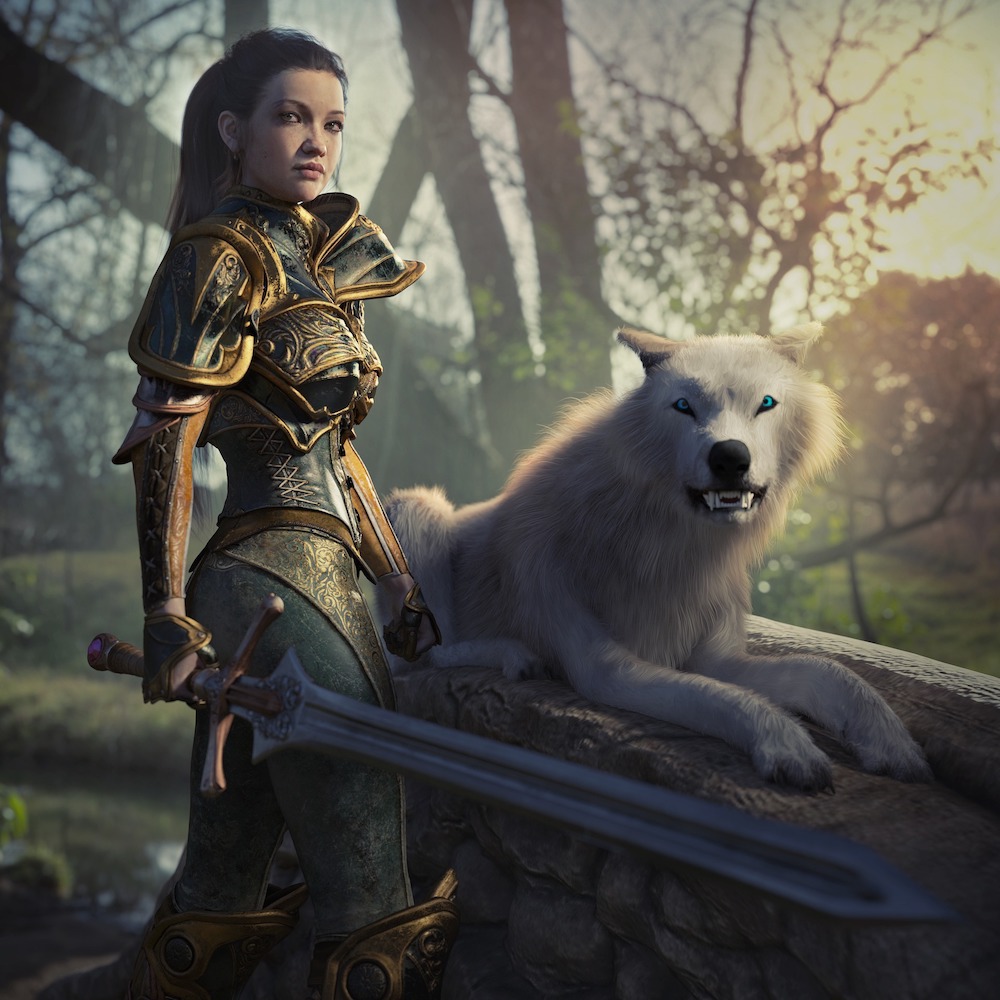Within the book world, authors have been using the strong female character trope to create female-led stories with strong female protagonists. On its surface, the strong female character trope seems like a step forward for womenkind. The words strong and female used together? Finally! If you’re doing a little dance in your head, stop right there. It’s a trap. What the strong female character trope is actually doing is letting in room for even more internalized misogyny. In this post I will explain just why the strong female character trope is detrimental to the female image and perpetuating the gender binary and its stereotypes.
At first read, the strong female character comes off as, well, strong. She is fierce, she (usually) defies the rules set by the world’s society, she isn’t afraid to do what she has to, etc., but here’s the catch: she is written without feminine-identifying characteristics and rejects femininity. Instead, she is written to have male gender-identifying traits. She is usually described as plain and doesn’t wear makeup, but is still beautiful of course (because all women must be beautiful to be important). She doesn’t usually like dresses and frilly clothing, or traditionally feminine-leaning clothes. She also doesn’t necessarily subscribe to traditionally feminine-aligned hobbies. She is also seen as very competitive, athletic, and rather good at the more male-dominated actions—effortlessly, might I add. What this all culminates as is that the strong female protagonist is “not like other girls.” The question to be begged, then, is what’s wrong with being a girl?
Why does a woman need to exhibit male gendered traits in order to be perceived as strong? Not only that, if not just exhibiting more male gendered traits wasn’t enough, why must she also reject the more feminine gendered traits? Is it so that they subsequently reject the weakness that has been historically applied to female genders. The problem herein doesn’t lie in the strong female character stereotype of not being feminine, rather that it is the rejection of femininity that makes them strong. If we are to progress with gender equity, fluidity, and inclusivity, we have to start with the stereotypes and the tropes. The male gender stereotype comes with the idea that men are stronger, thus the ideals and tenets of that gender (physical traits, fashion, hobbies, etc.) must portray that idea as well. So by exhibiting those characteristics and absorbing male-gendered tropes, the female character is imbued with that strength. This just reinforces gender stereotypes and internal biases toward those who align with feminine genders, rather than allowing the characteristics to mix and the character to still have her own strength. We don’t want a girl or woman to be strong because she is manly, we want her to be strong because of personality traits that don’t have only to do with her gender and everything to do with her mind and her actions. We want her to be able to be feminine if she wants to and still be perceived as strong, not just strong because she doesn’t wear makeup or dresses.
All in all, while the strong female character trope seems like a positive move in the direction of progress, it’s actually a step backwards. When writing strong female characters, they should be strong, not despite their femininity, but because of what makes up their personality around and outside of their gender, no matter what parts of the gender spectrum they align and identify with. Using a woman’s feminine identification against them only seeks to instill internal biases around those gendered aspects of themselves, around ideals that they want to have, that they like. This creates a subliminal negativity around their gender, instilling an internal misogyny that is detrimental to the image of themselves. We, as writers, publishers, readers, humans, goblins, frogs, etc., should champion the freedom of gender expression on the entire spectrum and not apply historic, toxic ideals that aren’t relevant or, in any realm of truth, inclusive.

